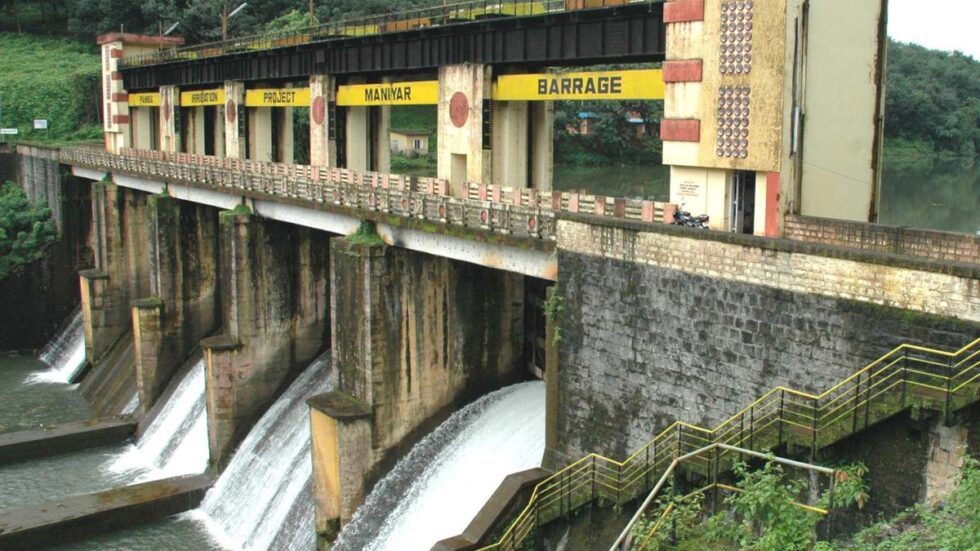
Amid UDF Opposition’s demands that the Kerala government take over the 12 megawatt (MW) Maniyar small hydro project in Pathanamthitta district from Carborundum Universal Ltd as the contract period has expired, a reply given by the LDF government in the State Assembly on Wednesday (January 22, 2025) indicated that it was not averse to allowing the company continue to run the captive power project (CPP).
Responding to a demand by senior Congress leader Ramesh Chennithala that the government allow the Kerala State Electricity Board (KSEB) to take over the CPP as the 30-year agreement with Carborundum expired on December 30, 2024, Chief Minister Pinarayi Vijayan informed the State Legislative Assembly that the government would continue to support the policy of captive power generation, particularly in the context of fostering ease-of-doing business.
Captive power generation units were originally permitted in the State to allow industries to produce and meet their own electricity requirements. While many of the allocated projects did not materialise, Carborundum implemented theirs well. At a time when Kerala tops the list in ease of doing business, it cannot be advisable for the State to start denying existing facilities, Mr. Vijayan said.
Through a submission, Mr. Chennithala urged the government to reject the request made by the company and the Industries department’s demand for extending the agreement with it by another 25 years. The Ministers for Industry and Electricity held different opinions on the matter, he said.
“While the Industries Minister (P. Rajeeve) says the agreement should be extended for 25 more years, the Electricity Minister (K. Krishnankutty) says the KSEB should immediately take over the project. It is the government’s responsibility to take over a project when the build-operate-transfer (BOT) period expires. The government is remaining inactive despite multiple requests by the KSEB,” Mr. Chennithala said.
Claims of damage slammed
According to him, Carborundum’s argument that the agreement should be extended as the project had sustained damage in floods does not wash. The unit was generating power even during the floods. Neither has the company carried out repairs nor claimed insurance cover for the alleged damage, he said.
If an extension was permitted in this instance, the government would be constrained to accept similar demands in the case of a dozen other projects, including the Adani-run Vizhinjam seaport project in future, he said.
Mr. Krishnankutty said the CPP was sanctioned to Carborundum Universal Ltd on build, operate, own and transfer (BOOT) mode under the Small Hydro Power Policy of 1990 and with the approval of KSEB. The generated power was meant for the company’s factories in Palakkad, Koratty and Kalamassery. Surplus power was sold to the KSEB under a mutually-agreed price. The CPP agreement came into force on May 18, 1991. Under it, machinery, buildings, allied infrastructure and land would be transferred to the KSEB 30 years from the date of commissioning.
The Industries department has requested that a decision on the company’s plea for an extension should take into account the need for fostering a business-friendly ecosystem in the State. However, the KSEB has reported that such an extension would cause losses to it and indirectly impact the public through power tariff hikes. The KSEB has also issued a takeover notice to Carborundum as the 30-year BOOT period has expired, said Mr. Krishnankutty.
“The government is closely examining the issue. The government intends to finalise a decision that is at once industry-friendly and also does not harm the KSEB,” he added.







